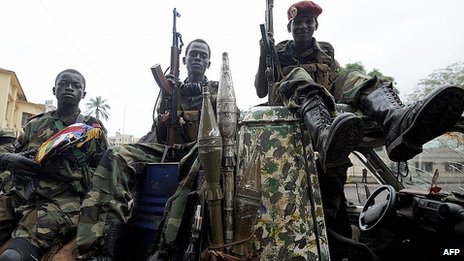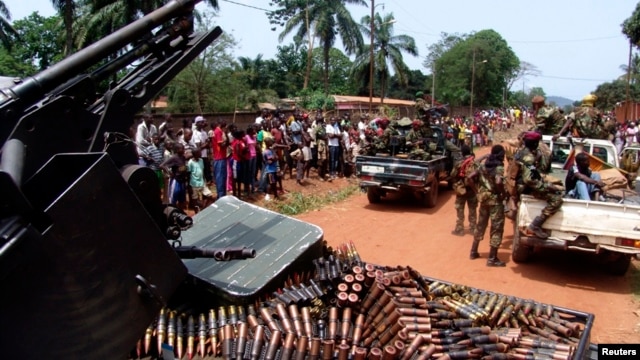By Dan Krupinsky
Impunity Watch Reporter, Africa
MOGADISHU, Somalia – Frequent attacks on its staff have caused Doctors Without Borders to withdraw from Somalia, after more than two decades of humanitarian service in the country.

Since the group, known internationally by its French acronym MSF, began providing basic and emergency healthcare to millions across the nation in 1991, 16 people working for the group have been killed and dozens more attacked.
Two workers were shot and killed in December 2011 by a Somali employee who learned that his contract was not going to be renewed. The shooter was convicted and sentenced to 30 years in prison, but after serving only three months, was released.
In a statement, the group accused the civilian leaders of the nation of supporting the violent actions, denouncing “extreme attacks on its staff in an environment where armed groups and civilian leaders increasingly support, tolerate, or condone the killing, assaulting, and abducting of humanitarian aid workers.”
Dr. Unni Karunakara, the group’s international president, cited the realization of active support and approval for the attacks as the “final straw.”
“In choosing to kill, attack, and abduct humanitarian aid workers, these armed groups, and the civilian authorities who tolerate their actions, have sealed the fate of countless lives in Somalia,” said Dr. Karunakara.
“Respect for humanitarian principles, always fragile in conflict zones, no longer exists in Somalia today.”
Somalia, without effective government for most of MSF’s tenure in the country, was thought to be headed towards more stability when the first parliament in over two decades took office in 2012. But working conditions for MSF have not improved, prompting the group to pull out of a country for only the second time in its history, after the death of five workers at the hands of the Taliban caused the group to pull out of Afghanistan in 2004.
The decision to pull out leaves hundreds of thousands of Somalis with no healthcare services at all.
Just last year, MSF delivered more than 7,000 babies, treated more than 30,000 malnourished children and vaccinated 60,000. Additionally, they operated the only pediatric clinic in Mogadishu and in some cities were the only establishments for women to get C-sections.
According to the New York Times, a Mogadishu hospital employee called the group’s pullout “disastrous,” although also added that they pledged to continue supporting the hospital for an additional three months.
The Somali government offered no comment on the move, other than to say that it will be discussed in a cabinet meeting on Thursday.
For further information, please see:
ABC News – Doctors Without Borders Pulls out of Somalia – 14 August 2013
All Africa – Somalia: Doctors Without Borders to End Mission in Somalia After 22 Years – 14 August 2013
CNN – Doctors Without Borders to pull out of Somalia over attacks on staff – 14 August 2013
New York Times – Doctors Without Borders to Pull Out of Somalia – 14 August 2013
NPR – Violence Causes Doctors Without Borders To Exit Somalia – 14 August 2013



